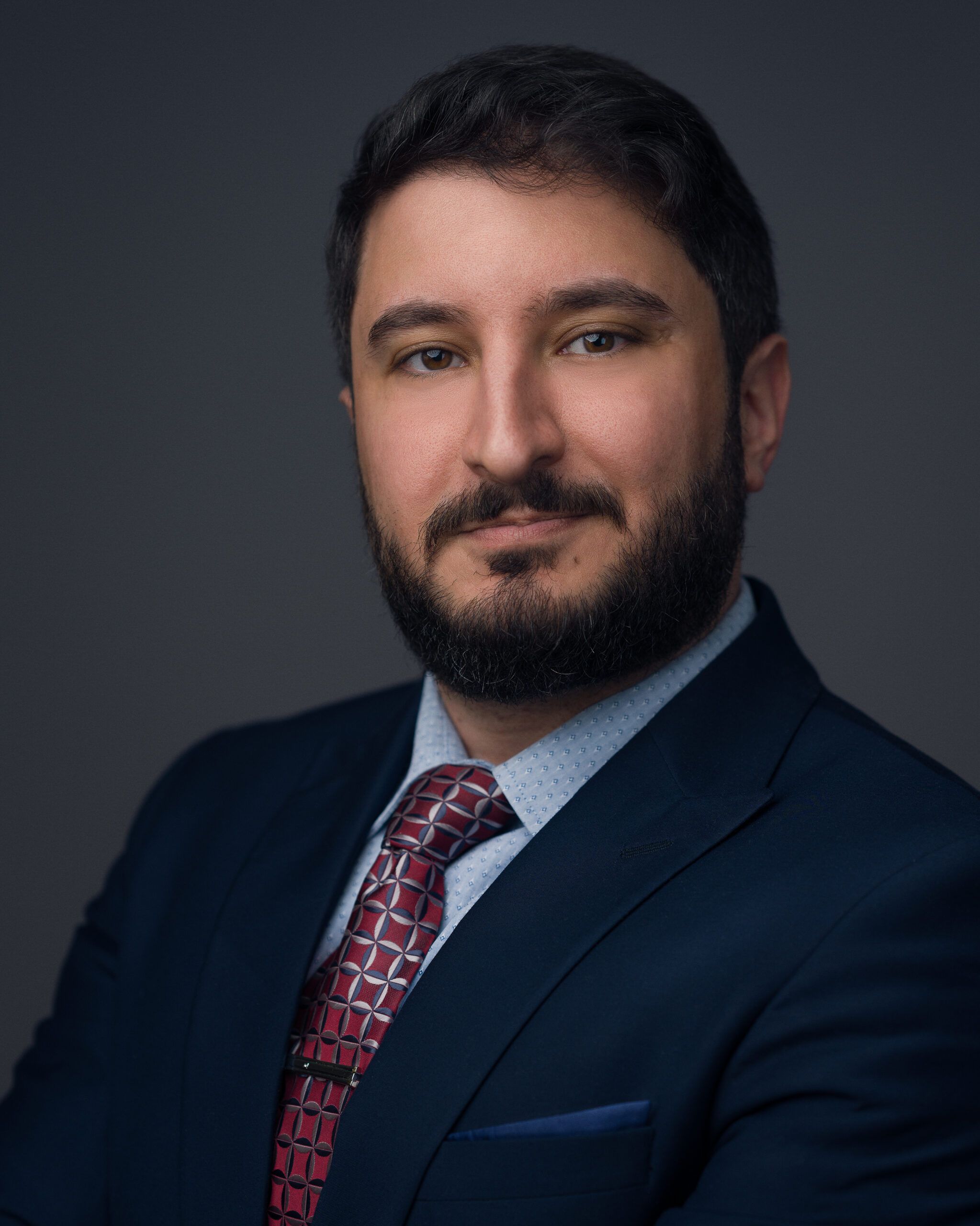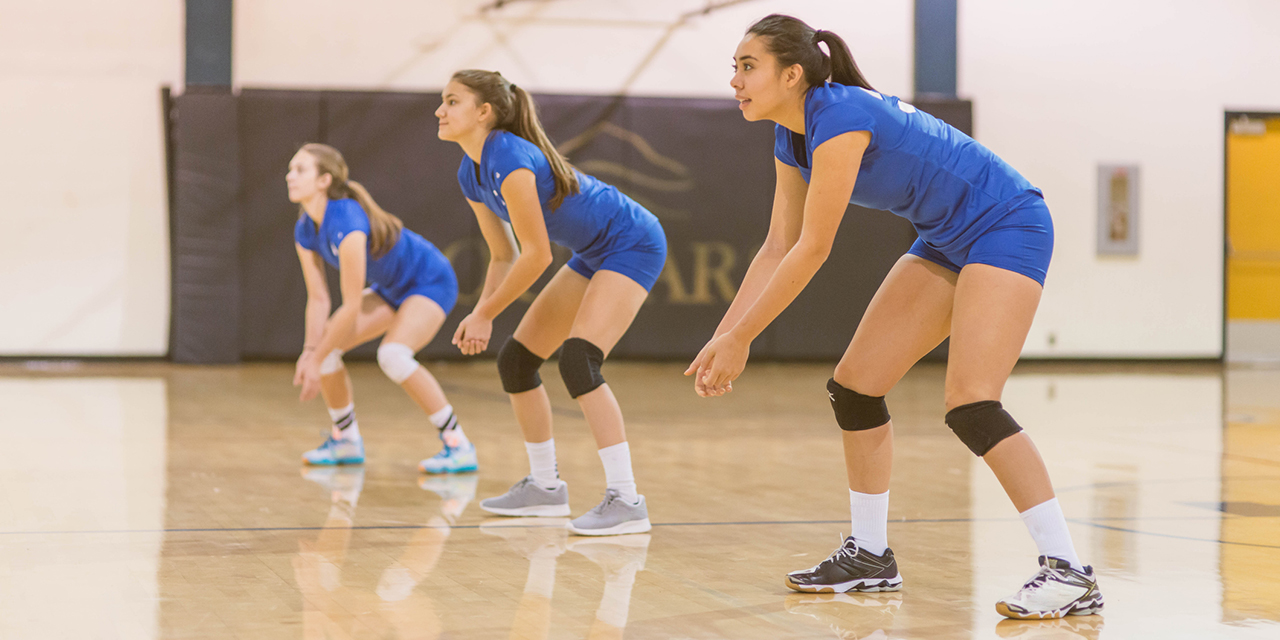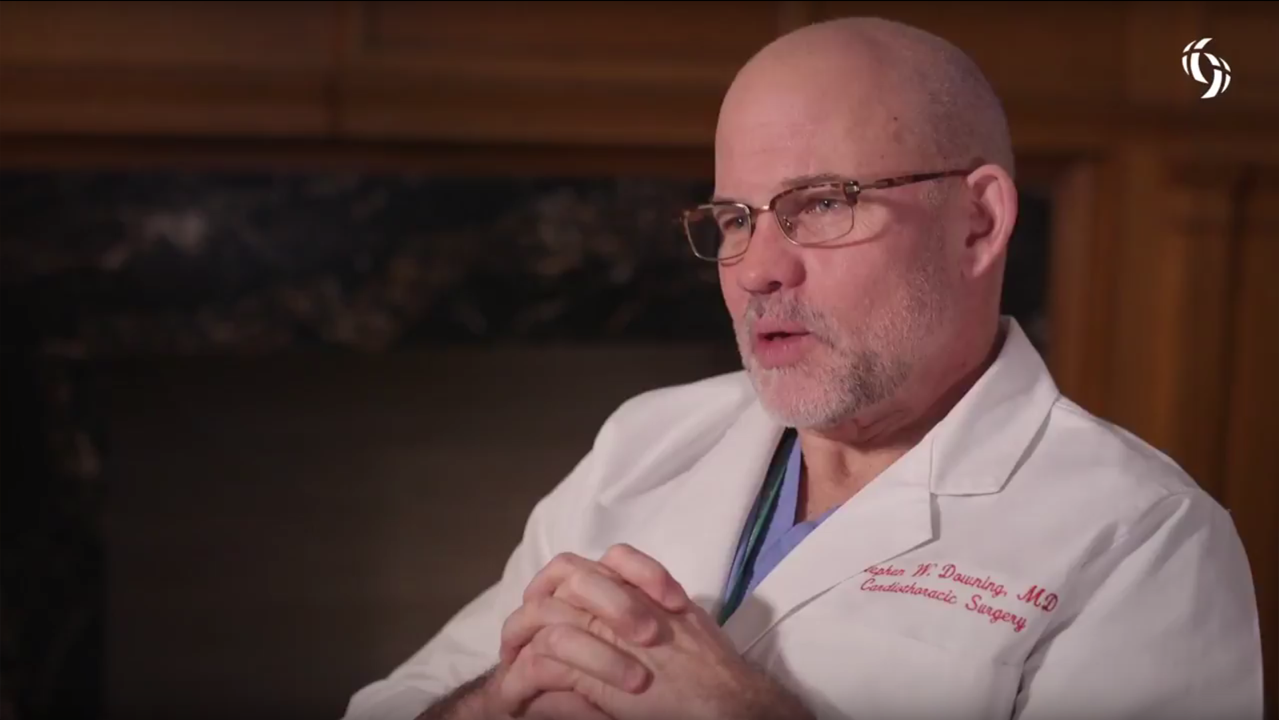A spotlight was placed on sudden cardiac arrest cases recently as more reports come out involving student and professional athletes. Sudden cardiac arrest is defined as the immediate loss of all heart function. This means when the heart stops beating, the person affected loses consciousness and then stops breathing.
There are no distinct warning signs and it is fatal if they do not receive immediate medical attention. If you see someone in cardiac arrest, call 911 first and then begin CPR on the person, or use an automated external defibrillator (AED) if available.
Considerations from a Cardiac Expert
Your child’s doctor will cover a lot of bases when performing their physical exam, but should cardiac screenings be added to the list?
According to the American Heart Association, more than 350,000 cardiac arrests happen outside of the hospital each year, and it is estimated over 20,000 of them occur in children. We asked interventional cardiologist and structural heart disease specialist Wassim Mosleh, MD, for his take on this important topic.

Wassim Mosleh, MD
Cardiologist, Trinity Medical Cardiology
Should parents ask their child’s physician for a heart screening during their annual physical?
Parents are encouraged to screen their children for hidden heart diseases in order to identify if they are at a higher risk of sudden cardiac death (SCD). People who have hidden heart problems might experience a dangerous irregular heartbeat when they engage in sports or strenuous exercise.
Athletes who compete in sports are more likely to face sudden cardiac arrest because they are under pressure to perform at a very high level. Exercise modification and specific therapy targeted at underlying heart conditions can help improve a patient’s prognosis. This assessment should be performed by a trained clinician and will mainly include a detailed history and physical examination, an electrocardiogram (ECG), echocardiogram, and an exercise treadmill stress test.
Can children with heart conditions still participate in sporting activities?
This is a highly complicated and debated issue that has multiple factors that must be considered. Parents of children with an identified heart problem should consult with a specialist before participating in any sporting activity. The answer may vary based on three deciding factors:
- The age of the individual
- The nature of the activity (i.e. competitive vs. recreational athletics)
- The type of underlying heart disease
How is sudden cardiac arrest treated?
The majority of sudden cardiac arrest events in athletes are due to life-threatening abnormal heart rhythms caused by underlying cardiac conditions. Sudden cardiac arrest can be treated with cardiopulmonary resuscitation (CPR) and defibrillation. These actions involve giving chest compressions and using a defibrillator to deliver an electric shock to the heart to restore its normal rhythm. Immediate medical attention and calling 911 are crucial for the best chance of survival.
How can we prevent sudden cardiac arrest?
Prevention of sudden cardiac arrest depends on the underlying heart problem. It can usually be prevented by avoiding certain physical activity that can cause sudden cardiac arrest, and you can lessen the risk with medications. Sometimes, ablative procedures or surgery may be necessary. In some instances, an implantable cardiac defibrillator may be needed to protect the heart by detecting and stopping irregular heartbeats.
Are older athletes more likely to suffer from cardiac arrest than younger populations?
Older athletes, such as college athletes, may have a slightly higher risk of suffering from cardiac events as compared to younger populations. Age can increase the likelihood of cardiac disease, but it is important to note that the overall risk of cardiac arrest in athletes, regardless of age, is relatively low.
Nonetheless, regular medical check-ups and screenings are essential for all athletes to detect and manage any underlying heart conditions at any age. Furthermore, changing any modifiable factors and making healthy lifestyle choices is important for people of all ages.
Schedule a Screening
Just because a student athlete might appear to be in “peak” physical condition doesn’t mean they aren’t at risk of developing heart problems. If you have a competitive student athlete in the family, it is encouraged that they ask about a cardiac screening.
Our board-certified cardiologists are experts in cardiac care. As regional leaders, we treat a range of conditions from the most common heart-related symptoms to high-risk and complex cases.
To learn more about our comprehensive cardiac care at the Heart Center at Mercy, or to schedule an appointment with Dr. Mosleh, please call (716) 706-2113.





